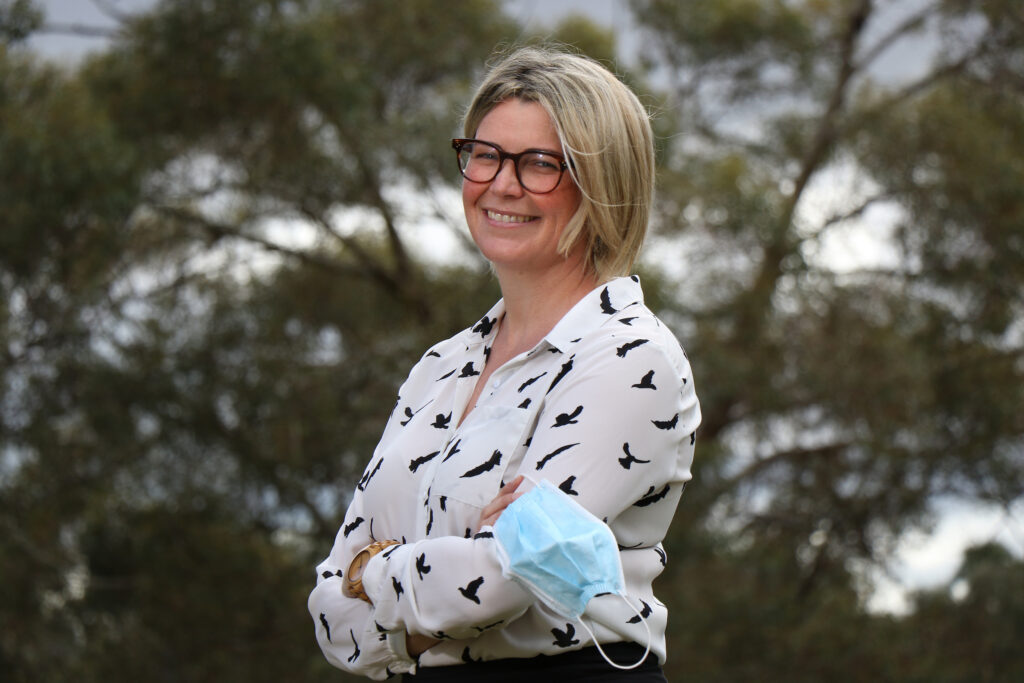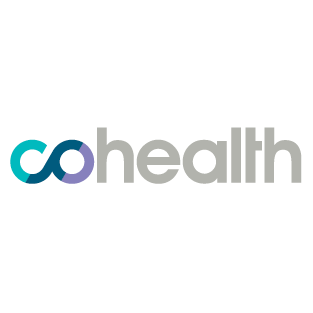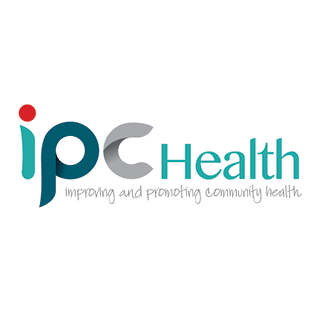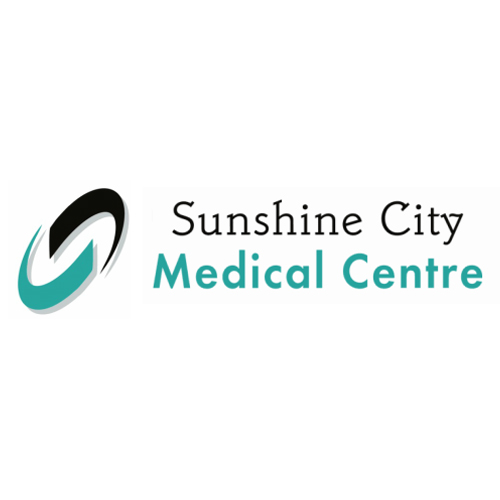Integrating non-dispensing pharmacists in general practice
24 June 2019 to 30 June 2024
$1,551,749.08
Melbourne
Wyndham
Maribyrnong
Brimbank
Overview
North Western Melbourne Primary Health Network (NWMPHN) funded the Pharmaceutical Society of Australia (PSA) to implement the Integrating non-dispensing pharmacists in general practice program in its region.
The program brings together elements of workforce capacity-building, chronic disease prevention and management, governed by the Australian Commission on Safety and Quality in Health Care’s quality use of medicines principles.
It aims to:
- Improve quality use of medications by patients and general practitioners
- Optimise prescribing in general practice
- Improve patient medication literacy and adherence
- Develop an understanding of the business case for a pharmacist to be employed in a general practice setting

Outcomes
A review of this program highlighted these outcomes:
- Objective: Improve quality use of medications by patients and general practitioners. The 10,131 patient-level activities and 2,981 MBS items, including health assessments, management plans, and GP reviews, highlight pharmacists’ roles in improving medication use by patients and GPs. Their involvement helped ensure safer and more effective medication practices.
- Objective: Optimise prescribing in general practice. Pharmacists’ participation in 2,119 practice-level activities, particularly their role in monitoring GPs’ prescribing practices and conducting medicines reviews, contributed to optimising prescriptions in general practice, enhancing the accuracy and appropriateness of prescribing.
- Objective: Improve patient medication literacy and adherence. The overwhelmingly positive feedback from patients about the value of pharmacists in general practice demonstrates an improvement in medication literacy. Through case conferences and patient recalls, pharmacists helped patients better understand their medications and improve adherence.
- Objective: Develop an understanding of the business case for employing pharmacists in general practice. The activities conducted by pharmacists, such as delivering education sessions, responding to medication inquiries, and supporting chronic disease management, align with the objective of building a clear business case for employing pharmacists in general practices. Their contributions illustrate both the clinical and operational benefits of integrating pharmacists into these settings.
The quotes below from GPs at participating practices demonstrate the value a pharmacist can add to the general practice team.
- “We received excellent/positive feedback from patients. Staff were satisfied as to the in-depth knowledge that the pharmacist had. The patients appreciated that the pharmacist was in the same place as the GP which meant they didn’t have to travel to different sites. Billings increased.”
- “This role has been much more valuable than I could have imagined. I think it is worth considering having these types of roles placed in medical practices on an ongoing basis.”









